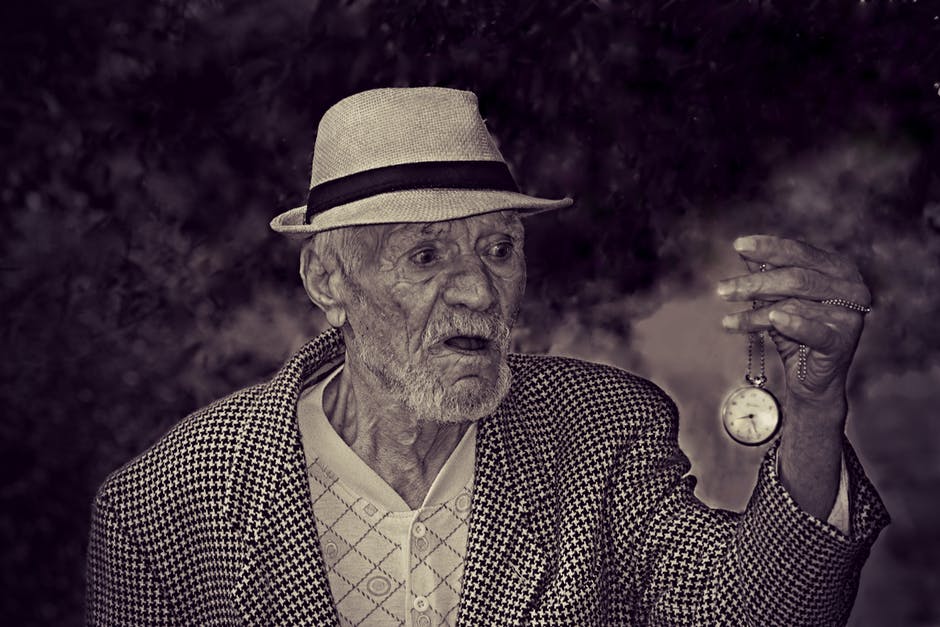
Why Is Time Going Faster as We Age?
The summer holidays that lasted forever is something we all experienced in our childhood and cherished. The hard part was growing up, even though it meant that the time between your birthdays didn’t feel like eternities, anymore… Some even said, growing up was a trap, because when we get older time seems to zip by and entire seasons disappear from the calendar? Did you ever wonder, why that is?There are already a dozen theories attempting to explain why our perception of time speeds up as we get older.
One of the most common idea is that of a gradual alteration of our internal biological clocks. Simply because of the slowing of our metabolism matching the slowing of our heartbeat and breathing, contrary to our children’s biological pacemakers that beat more quickly. This quantitative thinking means that children experience more biological markers (heartbeats, breaths) in a fixed period of time, which gives rise to the feeling that more time has passed.
Another theory suggests that the passage of time you perceive is directly related to the amount of new perceptual information you absorb. Whenever the brain is fed with lots of new stimuli, it automatically takes longer to process the information so that the period of time feels longer. It may be that every new situation our brain’s confronted with, a record of more richly detailed memories is stored. Then the recollection of the event itself appears slower than the event itself.
Unfortunately, all of this does not explain the continuing shortening of perceived time as we age. Is it just because the older we get, the more familiar we become with our surroundings? Through the eyes of a child the world is an often unfamiliar place brimming with new experiences. This means children must dedicate significantly more brain power re-configuring their reality to match the ever changing world outside. The theory suggests that this appears to make time run more slowly for children than for adults stuck in habits and routine.
This would lead to a simple biochemical mechanism. The accompanying theory suggests that the release of the neurotransmitter dopamine upon the perception of fresh stimuli helps us to learn to measure time. Once you arrive at the age of 20, the dopamine level in your body gradually drops, making time appear to run faster with every passing day.
However, there’s simply no theory out there explaining the precise and almost mathematical continual rate of acceleration of time on a somewhat “logarithmic scale”. Logarithmic scales are normally used when measuring earthquakes or sound, because the quantities we measure can vary to such huge degrees.
It’s interesting that life might have begun with sound or the words of a higher entity (god, whatever your belief-system might be). The same could be true when we age –as life and time is passing by in logarithmic manner. That definitely has a philosophical ring to it.
On the other hand, who knows — if we do life in a simulated universe where so many variables are needed to generate the reality we experience, the mathematical aspect becomes somewhat expected and our childhood was more like a boot-up routine, where it all started with a decompression of time.
This article was originally published by Pionic. Read the original article.

WATCH | The Speed of Life
Why does time appear to speed up as we get older? Can we slow it down?
Brain Games is an Emmy-nominated TV series that explores the inner workings of the human mind through experiments and interactive games. Did you know it’s estimated that you have more than a dozen senses in addition to the standard five? One of those is a sense of time or chronoception.
![]()